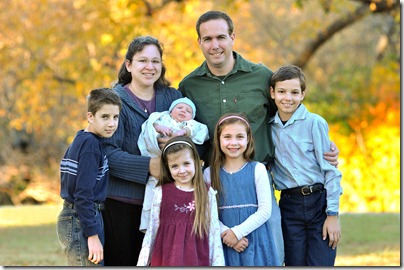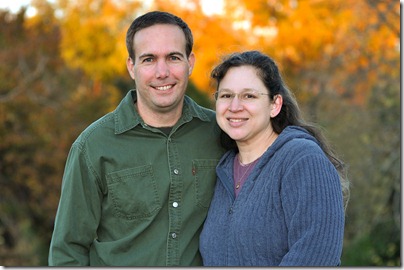I can’t get over Isaiah 7:14. I probably think about it one way or another every week, and probably every day at times.
One point that seems to me to refute decisively the majority of scholars who insist on an 8th-century fulfillment is verse 15.
Isaiah 7:14–15 (NIV) — 14 Therefore the Lord himself will give you a sign: The virgin will be with child and will give birth to a son, and will call him Immanuel. 15 He will eat curds and honey when he knows enough to reject the wrong and choose the right.
What are curds and honey? If you ‘re not sure, read down to verse 22.
Isaiah 7:22 (NIV) — And because of the abundance of the milk they give, he will have curds to eat. All who remain in the land will eat curds and honey.
Curds and honey are what you eat when your land has been destroyed. It’s what you eat when the farms aren’t producing crops and your palace is in ruins.
Back to verses 14-15. The fulfillment of the sign is a child who eats curds and honey. When was the earliest time in the history of Judah when a child (presumably a child in the royal household) ate curds and honey because the land had been destroyed?
Answer: not in the reign of Ahaz (735-715). This king was delivered from Pekah and Rezin (per 7:7-9 and 8:4) and the land did not begin to be destroyed until some years later.
In other words, there was no boy who could eat curds and honey until long after “the land of the two kings you dread will be laid waste” (7:16).
Someone living in the year 710, let’s say, would read (or hear about) this passage and know that the boy had not yet been born because the land had not yet been destroyed. Only after the coming of Assyria (7:17) could they expect the birth of this child.
Conclusion: Immanuel could not have been born during the reign of Ahaz and thus there was no fulfillment in the 8th century.
Note: you have to read verses 15-17 “backwards.” The boy eats curds and honey (15) because the land is destroyed (16) because God brought Assyria upon Judah (17).
Postscript: This explains why people were still waiting for its fulfillment during the time when the LXX was translated as well as when a girl in Nazareth learned that she was the one.
My previous posts about this passage can be found here and here.


